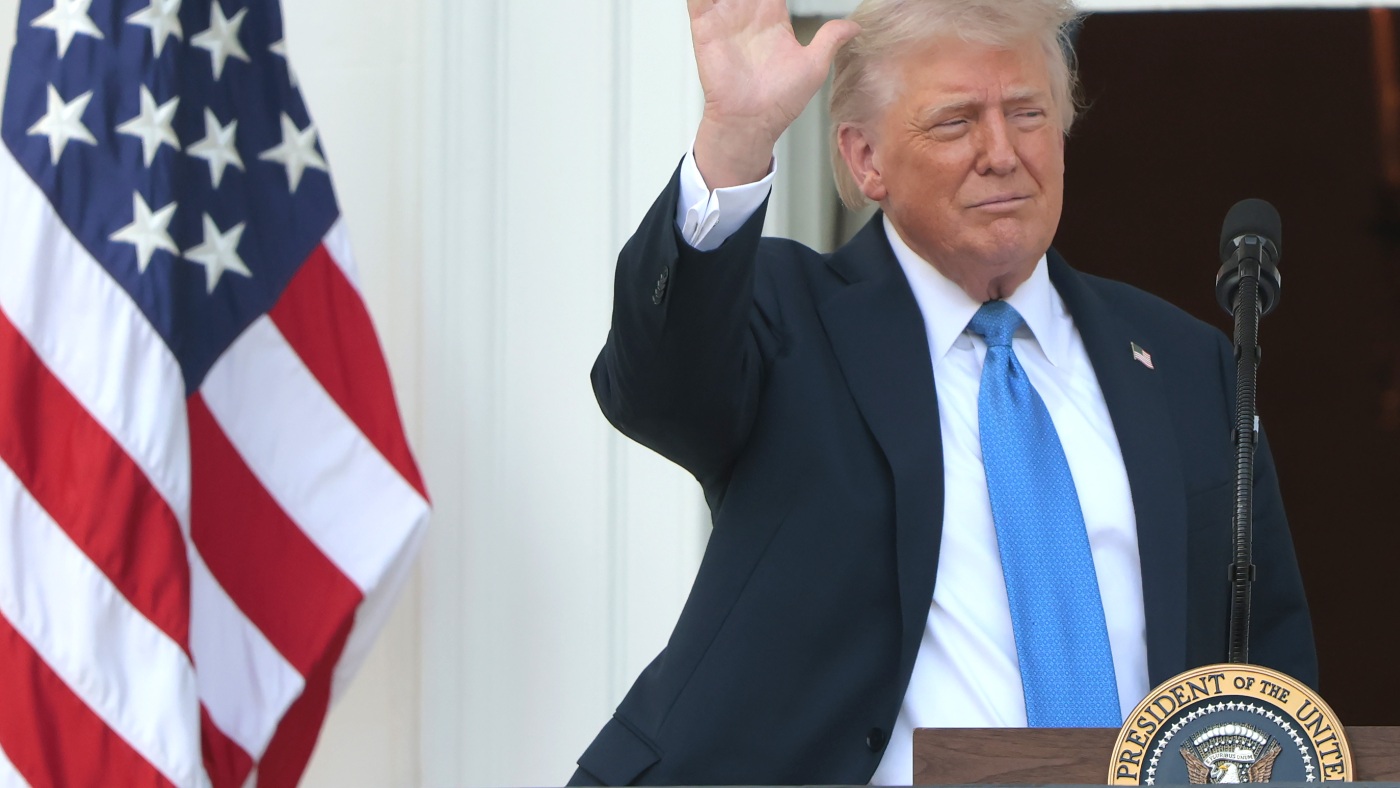Navigating the Complexity of Travel Bans and Budget Battles in Contemporary U.S. Politics
The recent moves by the Trump administration encapsulate a turbulent intersection of immigration policy and fiscal strategy. The reintroduction of an expansive travel ban alongside a contentious GOP budget bill collectively reveal the multi-layered challenges confronting lawmakers and citizens alike. These developments not only highlight political fault lines but also demand a nuanced understanding of national security, economic stewardship, and social impact.
Revisiting the Travel Ban: Scope, Purpose, and Reaction
President Trump’s latest travel ban echoes the hallmark policies of his first term but with broader and more refined restrictions. Targeting twelve countries primarily from Africa and the Middle East, the ban bars entry to travelers from these nations, with partial constraints on seven others. The emphasis remains on countries deemed potential national security threats, including longstanding focal points like Iran, Somalia, Yemen, Libya, and Syria.
The administration justifies this move through the lens of national security concerns, terrorism threats, and vetting inefficiencies. Notably, the proclamation refrains from explicit religious references, yet its disproportionate impact on Muslim-majority countries has reignited debates around discrimination and civil liberties. This subtlety in language reflects an attempt to navigate legal and public opinion challenges, although critics remain unconvinced.
Operationally, the ban’s timing and implementation appear more calculated to avoid the chaos that marred its predecessor’s rollout. Nonetheless, widespread protests and opposition from civil rights organizations underline the enduring societal fractures this policy provokes. Although certain visa categories and waiver options provide some latitude, the travel restrictions intensify diplomatic tensions, especially with nations like Somalia expressing a willingness to engage yet bracing for friction.
The GOP Budget Bill: Balancing Ambition and Internal Strife
Concurrent with immigration clampdowns, the GOP’s proposed budget bill attempts to chart a fiscal path shaped by President Trump’s broader agenda. Despite tough immigration-related provisions designed to curb inflows and modify benefits, the nonpartisan Congressional Budget Office projects a substantial $2.4 trillion addition to the federal deficit over a decade. This forecast has unsettled many Republicans, spotlighting the perennial conflict between spending priorities and fiscal prudence.
The bill’s expansive nature—spanning over 1,100 pages—embodies the complex balancing act of addressing immigration controls, funding mechanisms, and economic demands. Yet, divisions within the GOP reveal cracks beneath the surface: influential senators express reservations over border wall financing and overall spending, while public figures like Elon Musk have publicly criticized the proposed fiscal trajectory.
These internal disagreements complicate legislative prospects and underscore the difficulties in achieving cohesive governance. The bill’s outcome will likely hinge on negotiations that reconcile party ideologies, constituent pressures, and the nation’s economic realities.
Intertwined Policies: Immigration at the Crossroads of Security and Economy
Despite their distinct focuses, the travel ban and budget bill share a unifying thread—the Trump administration’s concerted effort to reshape immigration policy as a cornerstone of national security and fiscal strategy. The hardline approach embodied by the travel restrictions complements budget measures aimed at tightening immigration controls and reallocating resources toward border enforcement.
This alignment reflects a broader political philosophy that frames immigration through economic and security considerations, often at the expense of inclusivity and international goodwill. Critics highlight the social divisiveness and diplomatic strains engendered by these policies, pointing to challenges in community cohesion and global partnerships. Conversely, proponents emphasize the necessity of safeguarding national interests in an era of complex threats and economic competition.
Conclusion: Persistence Amid Polarization and the Road Ahead
The revival of the travel ban alongside the contentious GOP budget bill illustrates a continued commitment by the administration to pursue a tough stance on immigration and fiscal management. These policies fuel ongoing debates over the balance between security and civil rights, as well as the wisdom of expansive spending amid growing deficits.
As political leaders navigate these controversies, their decisions will reverberate through domestic spheres and international relationships, influencing lives and shaping policy for years to come. The unfolding narrative will test the ability of the U.S. government to harmonize security imperatives with economic sustainability, all while managing the fractures these divisive decisions create within society.











